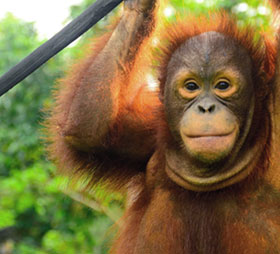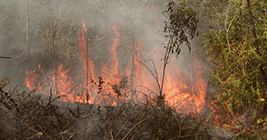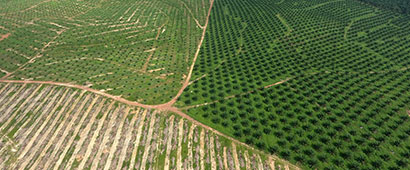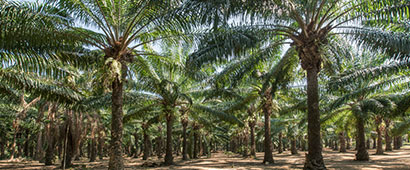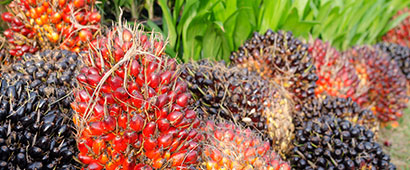Indonesia has one of the largest tropical rainforests in Asia. The area is approximately 94 million hectares (*), the eighth largest in the world, and represents approximately 10% of the world’s remaining tropical rainforests. It is one of the highest biodiversity countries in the world and home to 12% of the world’s mammals, 7.3% of reptiles and amphibians, and 17% of birds. However, its tropical rainforests have been degraded by illegal logging and fires over the last 40 years. The forest fires that broke out in the spring of 2015, spread for months, and became the largest one in the last 20 years.
Water, air, seas, and lands need the power of the forests. Forests enable modern life, which uses petroleum produced from the decomposition of ancient trees. Humans unknowingly benefit from rich forest resources. We are still forest people relying on the forests—they are not outdated. Many people, however, fail to understand the brutally harsh conditions that forests now face.At More Trees, we focus on orangutans as the existence to enlighten ourselves on the plight of forests. The name orangutan means forest people in Indonesian; orangutans and their families live in the forests using their unique knowledge as modern-day forest people. Today, their forests are being destroyed and lost. The situation is dire. Saving the forests and ensuring their future simply requires us to become aware of the fact that we are also forest people. BE FOREST PEOPLE. The project starts now, that focuses on orangutans as forest people and calls on us to live with the forest once again.





